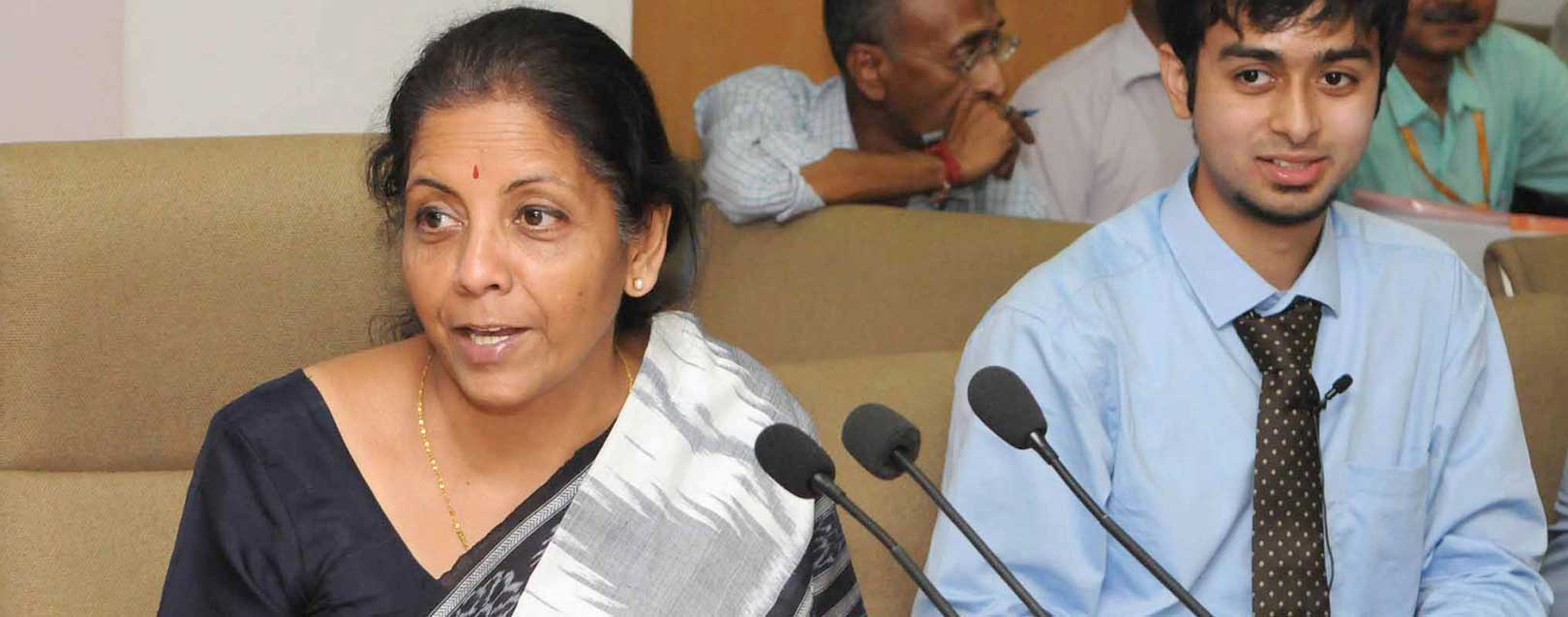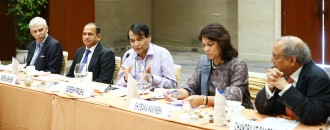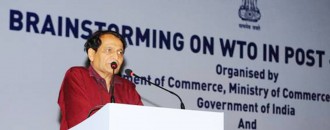
IPR policy gives clarity to US, others: Sitharaman
The Dollar Business Bureau
The newly introduced Intellectual Property Rights (IPRs) policy would offer clarity on the rules and regulations sought by the US and other countries. Commerce and Industry Minister Nirmala Sitharaman said that several countries have been seeking a clear IPR regime in India.
India has resisted pressure from these countries to dilute contentious provisions in the Patents Act 1970. Now this IPR policy gives clarity sought by them. This will reflect well on the country as Prime Minister Narendra Modi is going to visit Washington on June 7, Sitharaman said on Monday.
She said that the new IPR policy is focussed on creating a robust IPR eco-system. While releasing the Special 301 report on IPR, the US retained India on its priority watch list due to lack of necessary improvements made to the IP framework despite various positive steps taken on IP protection and enforcement by the Indian government in the past two years.
Finance Minister Arun Jaitley responded to this saying that a balancing act is responsible for affordable drugs available in India when compared to other countries of the world. The country is following legal, equitable and WTO-compliant model.
Sitharaman further said that India was not ready at amend any rules related to IP. Also it has no plans to give more protection to the patents other than those that have been assured under the international TRIPS Agreement. The IPR policy also provides a review window. These laws are TRIPS compliant, she said.
The country would continue Section 3(d) in the Indian Patent Act which does not allow patents for incremental innovations to prevent ever-greening of patents. The IPR policy also offered tax intervals to boost research and development. A loan-guarantee scheme shall be created in order to cover the risk of IPR failures and further promotion of IP commercialisation.





 to success.
to success.